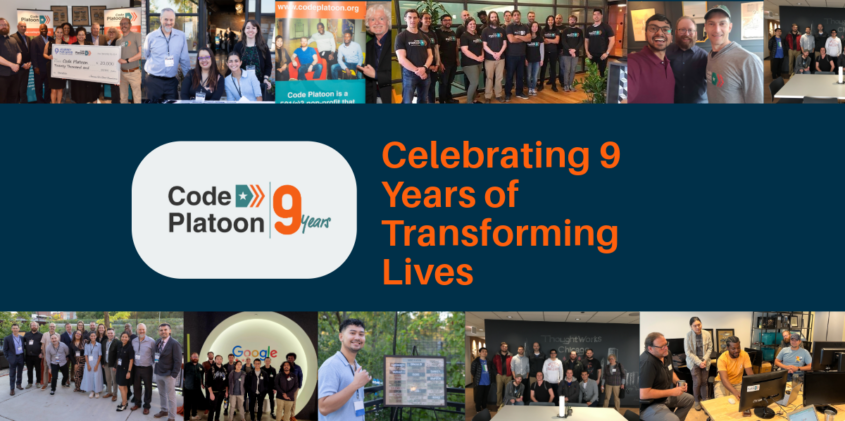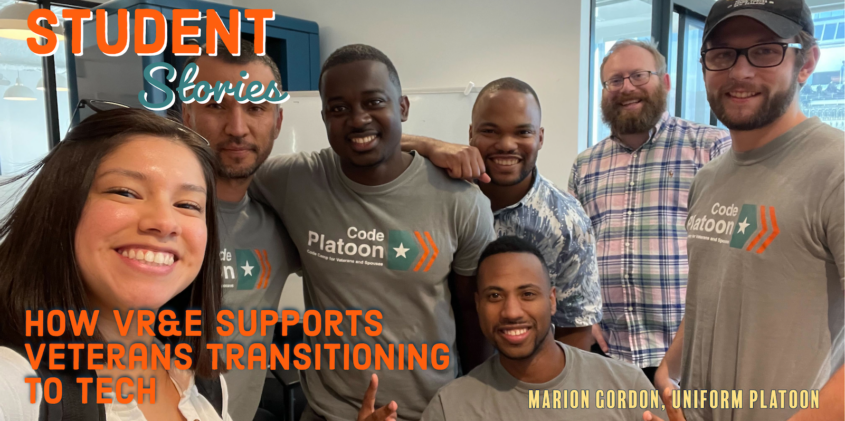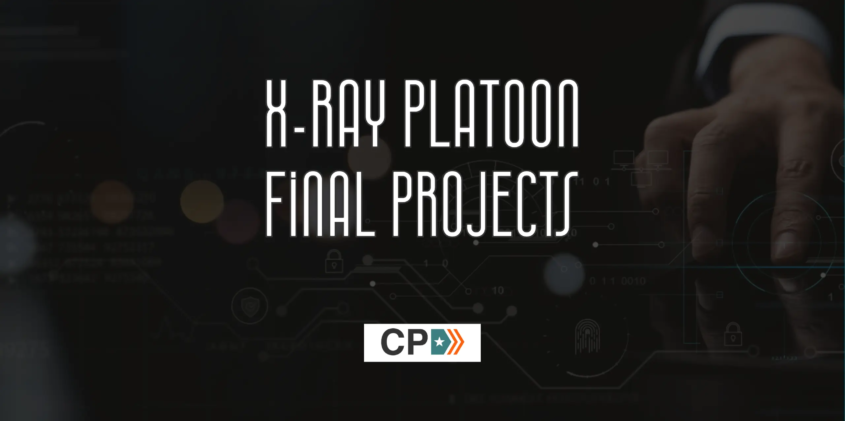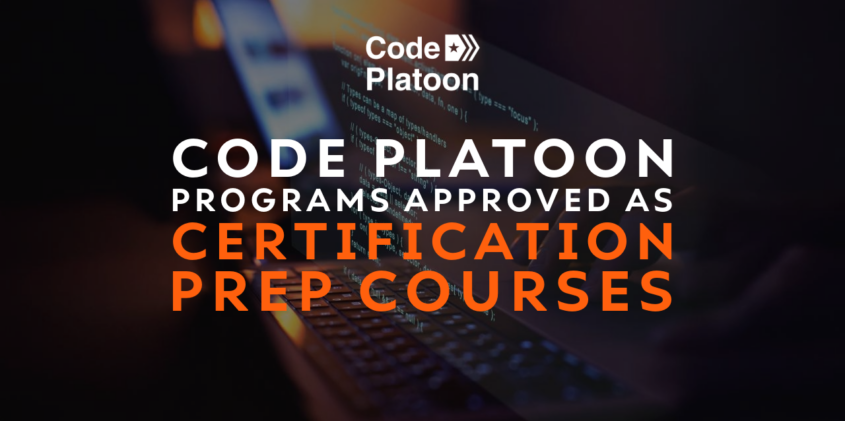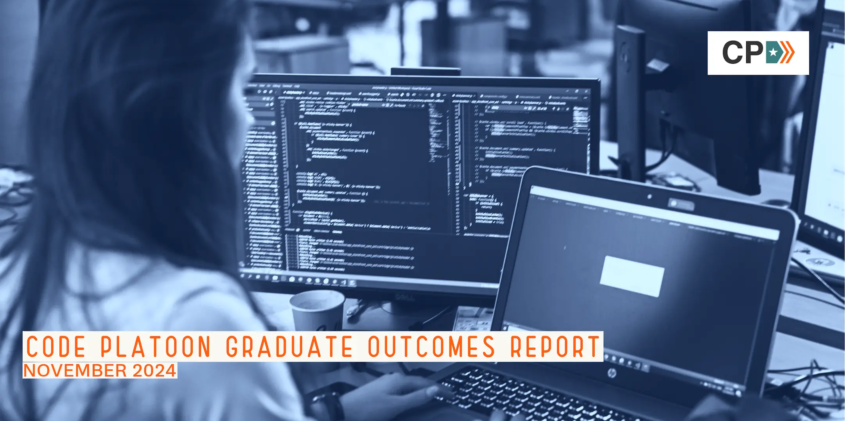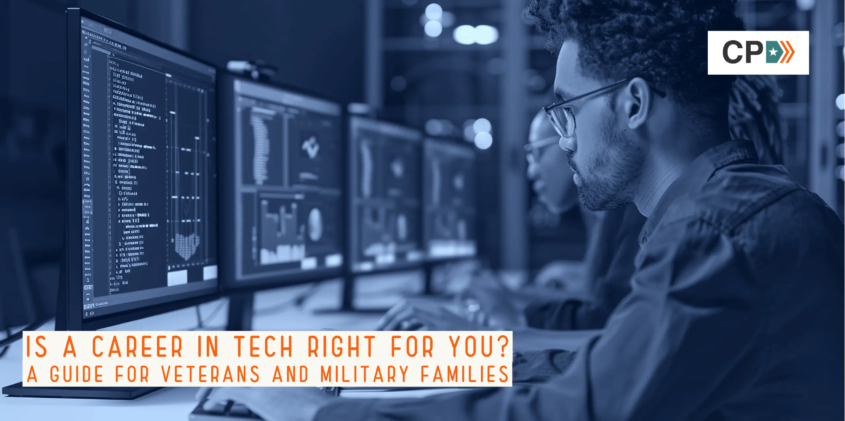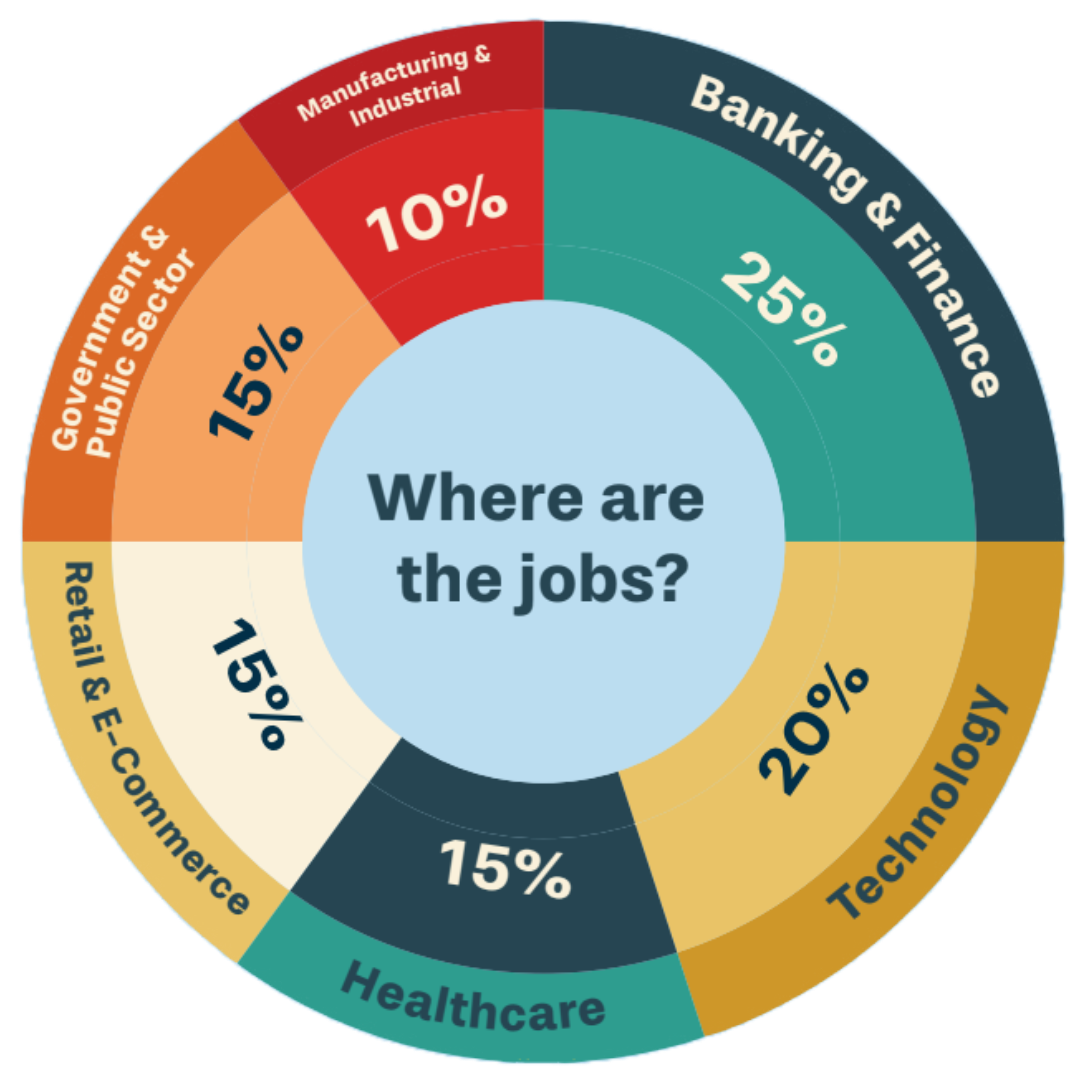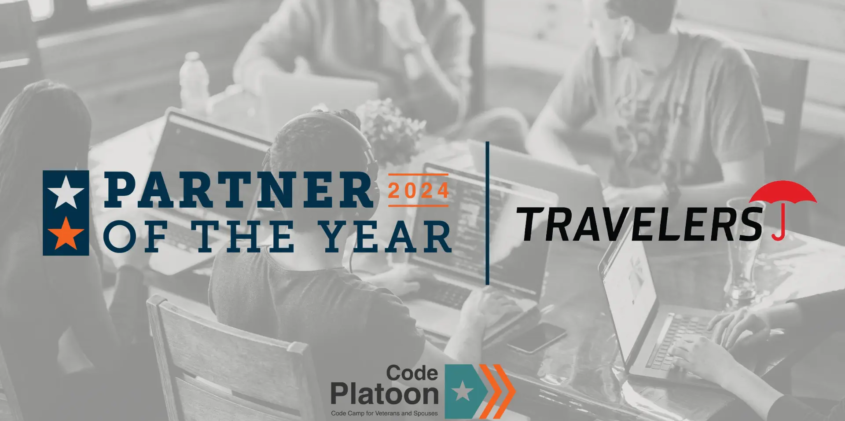Cecilian Partners Named Code Platoon’s 2025 Partner of the Year
Chicago, IL, [June 25, 2025] – Code Platoon, a nonprofit coding bootcamp dedicated to helping Veterans, Servicemembers, and military family members transition into tech careers, proudly announces Cecilian Partners as its 2025 Partner of the Year. This recognition honors a corporate partner whose leadership and collaboration have significantly advanced Code Platoon’s mission.
A leader in PropTech innovation, Cecilian Partners has not only developed cutting-edge digital tools for the real estate sector but has also assembled a multidisciplinary team with backgrounds spanning a broad range of industries and military service. Through its partnership with Code Platoon, Cecilian has hired full-time engineers and apprentices from the military community, creating an environment where diverse perspectives are valued and empowered.
“Our partnership with Cecilian Partners reflects the essence of being ‘Built Together,’” said Rod Levy, Founder and Executive Director of Code Platoon. “They recognize that talent comes from many paths—and they’ve opened their doors, their teams, and their leadership to Code Platoon graduates. Cecilian is a model of what it looks like when a company invests in people, not just roles. We’re proud to build with them.”
Over the past two years, Cecilian Partners has welcomed five Code Platoon alumni into its engineering team. Among them is Navy Veteran James Kelsey, now a celebrated contributor who earned the company’s 2024 MVP Award. Air Force Veteran and military spouse Kana Pankey, another hire, brings leadership and cross-functional thinking to the fast-paced environment. These hires are more than placements—they are examples of a shared belief that great teams are built, not born.
“We owe everything to the men and women of the U.S. Armed Forces—their service gives us the freedom to build, grow, and live without fear,” said John Cecilian Jr., Co-founder and CEO of Cecilian Partners. “Partnering with Code Platoon isn’t just about talent. It’s about character. These veterans bring discipline, humility, and a team-first mindset into our company. Creating a place where they can thrive in civilian life isn’t just a privilege—it’s our duty.”
Cecilian’s commitment goes beyond hiring. Their team actively supports Code Platoon through mentorship, sponsorship, and advocacy, elevating the mission in boardrooms, development teams, and community spaces alike.
Cecilian Partners will be formally recognized at Celebrate Code Platoon 2025, the organization’s annual benefit event, held on September 25, 2025, at Burning Bush Brewery in Chicago.
About Code Platoon
Code Platoon is a 501(c)(3) nonprofit that transforms Veterans, active duty Servicemembers, and military spouses into professional software engineers through an immersive, hands-on educational process and paid apprenticeship program. We recognize the unique and diversified skill sets and experience Veterans bring to the tech industry and provide the hard and soft skills for these individuals to transition to careers in tech.
About Cecilian Partners
Cecilian Partners is transforming the digital future for community developers and homebuilders with its award-winning software suite, the Residential OS®. ResOS includes the industry’s first lot banking platform, interactive 3D maps, patented property development software, digital marketing tools, and an all-in-one app for community management and resident engagement. Headquartered in New Hope, PA, Cecilian Partners serves many of the nation’s leading real estate developers and builders. Learn more at www.cecilianpartners.com.
Contact Information:
Jim Hennessey
(312) 767-7673
jim@codeplatoon.org
codeplatoon.org


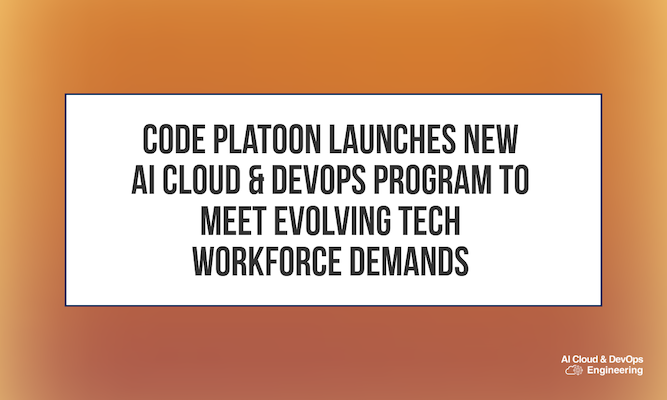
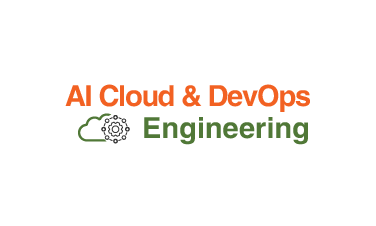 “AI and Cloud are no longer niche—they’re foundational,” said
“AI and Cloud are no longer niche—they’re foundational,” said 
